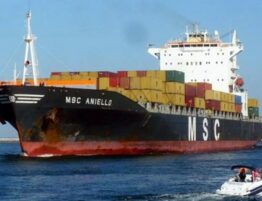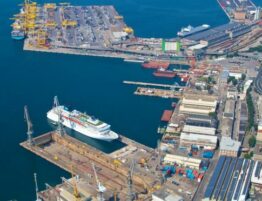
The Tribunale di Palermo, by means of judgment of 1 December 2015, ruled on the unenforceability of the prorogation of jurisdiction clause contained in the bill of lading against the principal of the freight forwarder, if he acts against the carrier in his capacity as assignee of the freight forwarder’s claims, confirming the previous prevailing line of decisions (in particular Corte di Cassazione, 21 January 2005, no. 1312; Tribunale di Bolzano, 7 January 2009). The case concerned the action for compensation brought against the carrier by a producer, who had entrusted a freight forwarder to enter into a contract of carriage for transfer to the purchaser of a seed lot, which had though arrived damaged to destination due to the excessive duration of the journey. The carrier preliminarily objected the lack of jurisdiction of the Tribunale di Palermo by virtue of a prorogation of jurisdiction clause contained in the bill of lading, which referred any dispute to the High Court of London, applying English law also to the shipper.
Therefore, the judgement at hand involves two different contractual relationships: the forwarding contract and the contract of carriage. The main issues concern the identification of the parties against whom the prorogation of jurisdiction clause contained in the bill of lading is effective, the identification of the shipper, and the effects of the freight forwarder’s assignment to his principal of the claims against the carrier.
According to Italian jurisprudence, the prorogation clause incorporated or referred to in a b/l, which pursuant to art. III.3 of the Hague-Visby Rules, and as is standard practice, is not signed also by the shipper, is validly effective against the latter if it can be believed that, pursuant to the relevant rules of private international law, he has accepted it. According to the prevailing line of decisions, such requirement is fulfilled if the shipper or the third holder have endorsed the b/l, thus accepting its conditions. Some Courts have also considered relevant to such purpose the submission at Court of the b/l with the declared purpose of using the document as ground for the claims.
This last jurisprudence though refers to the shipper and to the third holder of the b/l. The case of the principal of the freight forwarder is different.
The judgement of the Tribunale di Palermo has excluded that the indication of the principal in the b/l under the word ‘shipper’ is in itself apt to transform the contract entered into with the freight forwarder into a mandate with power of representation and to make the principal assume the role of shipper.
Therefore, by virtue of art. 1705, first para. of the Italian civil code, if the contract of carriage was entered into by the freight forwarder (who hence has the role of shipper), his principal is not a party to the contract of carriage. If the principal acts as assignee of the freight forwarder’s claims against the carrier, since he did not succeed in the whole legal transaction, the prorogation of jurisdiction clause contained in the b/l will not be enforceable against him.
A cura dell’avv. Andrea.Giardini – andrea.giardini@studiozunarelli.com







